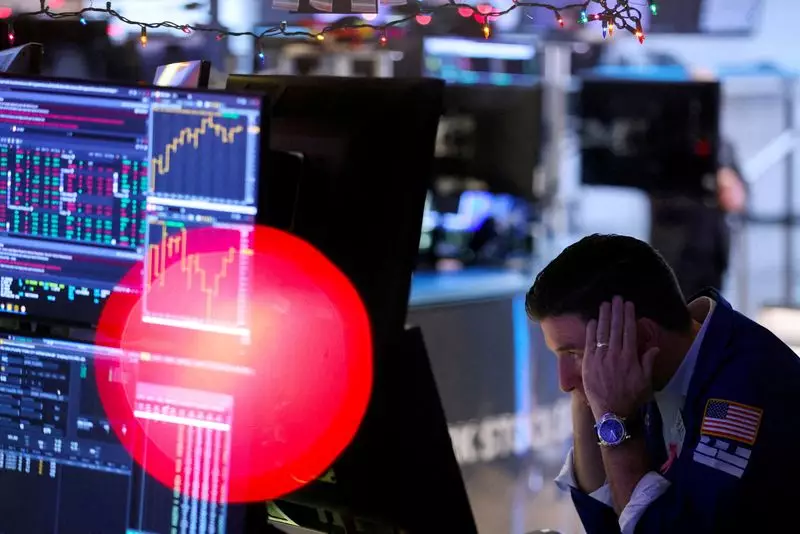In the face of localized conflicts like the ongoing tensions in the Middle East, particularly between Israel and Hezbollah, the call for diversified investment strategies is more pronounced than ever. Analysts from UBS emphasize the critical nature of diversification to mitigate exposure to individual geopolitical risks. While the current unrest raises alarms about significant regional instability, its direct impact on global financial markets has remained surprisingly contained thus far.
However, the potential for a wider escalation, particularly involving major powers like Iran and the U.S., could create ripple effects across various sectors, notably in energy. Should such scenarios unfold, the ramifications could severely disrupt oil supply chains, particularly through vital chokepoints such as the Strait of Hormuz. Consequently, investors might face increased volatility in oil markets—a situation that could spell higher prices and strained supply routes.
UBS analysts stress the need for investors to consider energy-related assets as a strategic hedge against potential supply disruptions. So far, the stability in oil prices has provided a temporary sense of security. However, should critical oil infrastructure face damage, scenarios wherein Brent crude prices soar above $100 per barrel for an extended period could become a stark reality. It is essential for investors to recognize the interconnectedness of geopolitical stability and energy prices, taking actions to protect their portfolios accordingly.
Amid evolving uncertainties, analysts also highlight gold as an invaluable addition to investment portfolios. With a remarkable rise of nearly 30% this year, gold’s performance can be attributed to various trends, including anticipated Federal Reserve rate cuts, cyclical increases in jewelry demand, and consistent central bank purchases. Gold is historically viewed as a safe haven during turbulent times, reinforcing its role as a stabilizing component within a diversified investment strategy. As market uncertainties persist, the continued allocation in gold could prove beneficial, allowing investors to weather storms of geopolitical volatility.
Furthermore, UBS analysts advocate for maintaining exposure to high-quality credit assets, which can offer a degree of stability in tumultuous market conditions. While the conflict has had negative repercussions on the Israeli shekel, influencing the nation’s fiscal outlook, broader market dynamics remain crucial for a comprehensive understanding of investment opportunities. Monitoring economic indicators and developments outside the immediate zone of conflict will be essential for investors banking on a macroeconomic framework that supports growth and resilience.
Ultimately, the landscape is fraught with challenges, but the key takeaway is clear: a well-diversified portfolio, capable of navigating geopolitical uncertainties while capitalizing on favorable macroeconomic trends, is imperative. Investors should remain vigilant and proactive, adapting their strategies as scenarios unfold to safeguard their financial futures.

